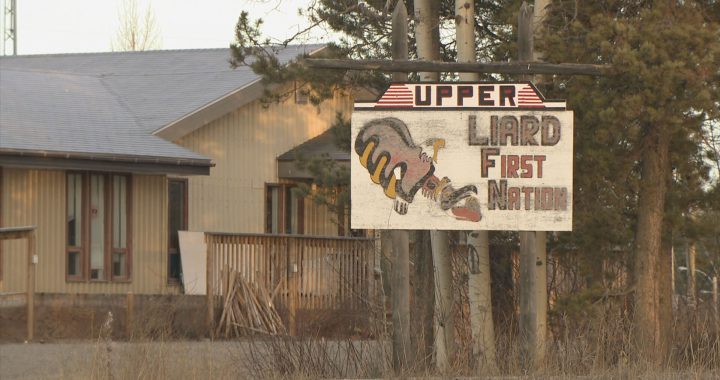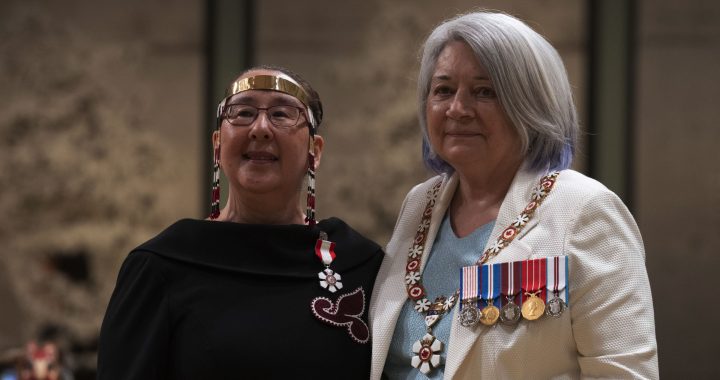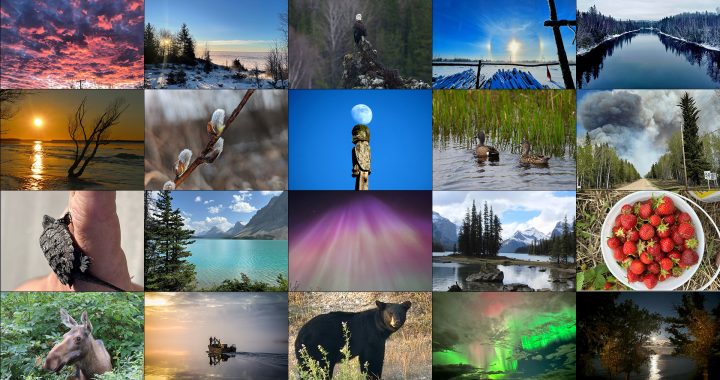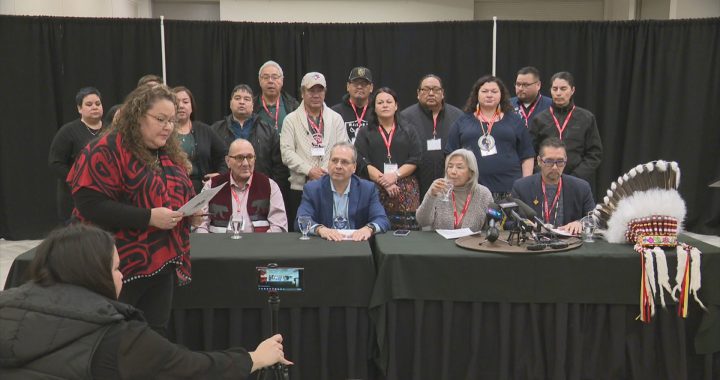Lindsay Richardson
APTN News
Acclaimed Cree actor Lorne Cardinal says he wants to teach Indigenous youth to give up their fear.
Speaking to a crowd gathered in Winnipeg for the Vision Quest conference and trade show, a two-day networking event bringing together Indigenous youth, artists, and entrepreneurs, Cardinal’s keynote speech focused on conquering insecurities, staying curious, and the importance of education.
Wearing a black brocade jacket and a shell necklace, Cardinal reiterated the same crucial message in an interview with APTN News.
“I mean shyness is good when you’re being polite about it, but when it starts debilitating you from talking to somebody – a potential employer or a potential business partner, then it becomes a problem,” Cardinal said.
“Then you’re creating a problem for yourself.”
As a film and television actor with more than three decades of experience, Cardinal has held prominent roles in shows like Corner Gas, North of 60, and APTN’s stop motion animated series Wapos Bay: The Series, among others.
“It’s important to put the shyness aside and be able to stand tall and say ‘hi I’m so and so, from so and so,’ and that only comes with self-confidence,” he said.
But Cardinal’s ascent into screen and stage acting hasn’t been without obstacles.
As a child, he says he struggled with debilitating stage fright as the self-described “shy brown child” in his class.
“It was terrifying the first time I public spoke in grade three – I passed out. And then when I tried it in grade 7 I threw up,” he said. “So I’ve had a little love-hate thing with speaking in public.”
“[Now] I take a breath and go ‘here we go,’” Cardinal added.
Even as the first Indigenous graduate with a bachelor of fine arts degree in acting from the University of Alberta, Cardinal encountered dissent and resistance when thrust into the “real world’ of acting.
“There was still a lot of the attitude of I could only audition or read for Native parts,” he explained. “You know, I’d go approach an artistic director and say ‘I want to audition for you’ and [they’d say] ‘we’re not doing any native-themed plays this year.’”
As Indigenous leaders and industry players work to “break through the white ceiling,” as Cardinal puts it, the power to create real changes comes with confidence, and persistence.
“That attitude is changing – slowly, but it is changing. And the more that we have trained Indigenous people in schools, in theatre schools or in technical schools – it makes it easier,” he said.
@sentimtl










